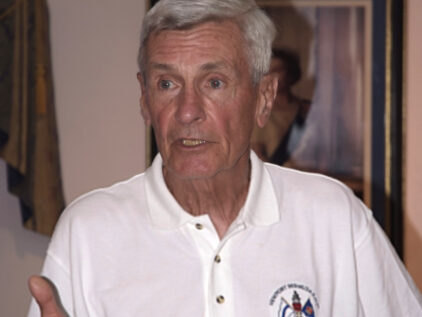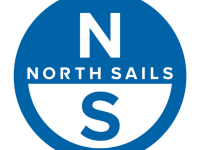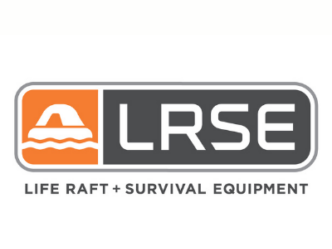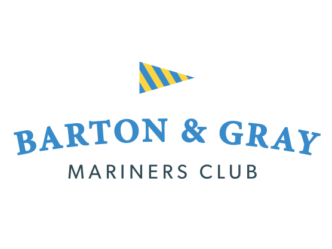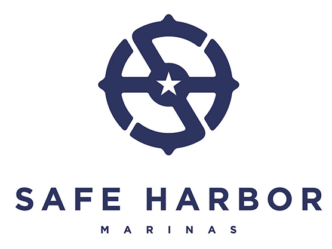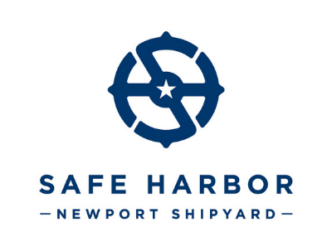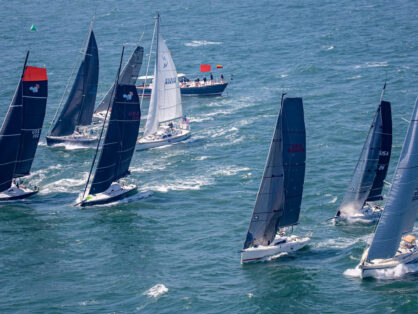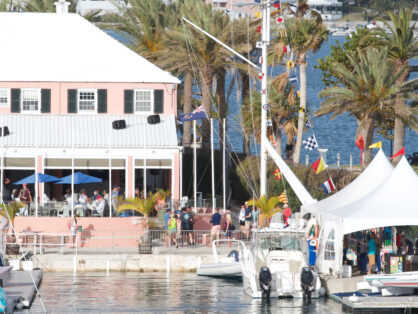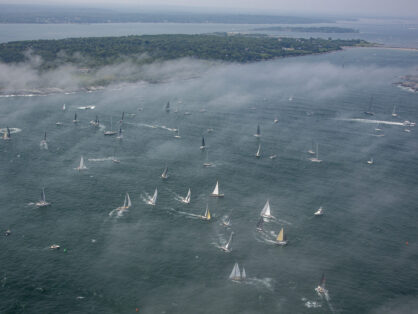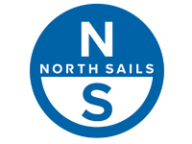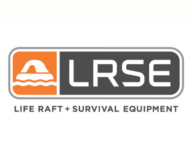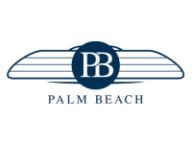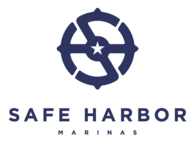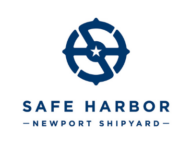Veteran race navigator and oceanographer Frank Bohlen looks back to the 2016 Newport Bermuda Race and points to free resources from the Cruising Club of America for those interested in improving their ability to evaluate a forecast.
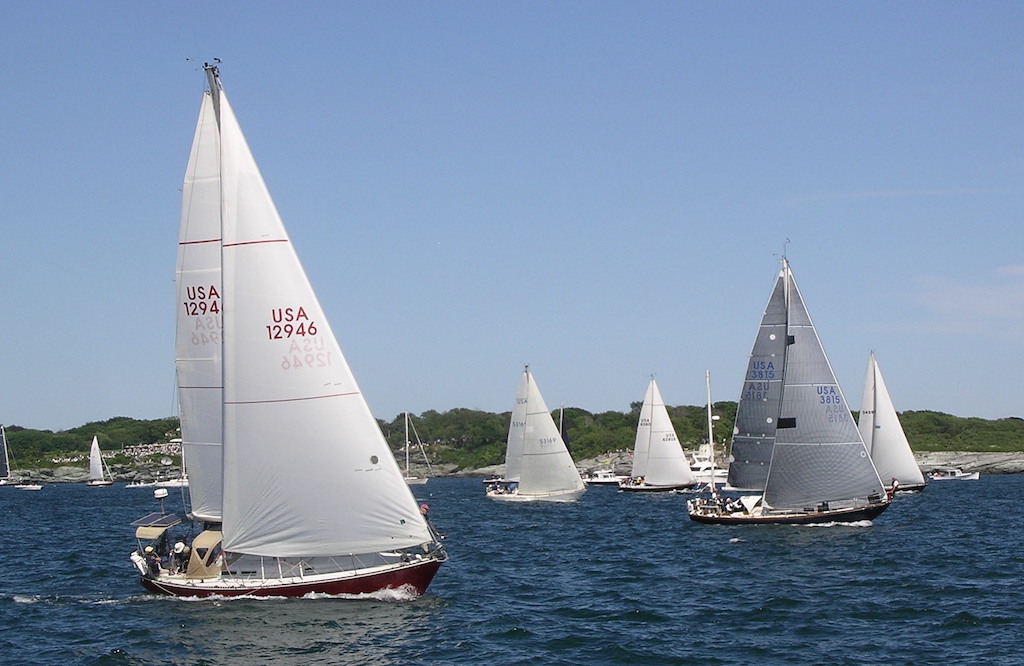
Of the many challenges facing the Newport Bermuda racer, none is more critical than the weather. An understanding of the factors governing the probable wind speeds and directions and their evolution during the Race or on the return is essential to strategic planning and a safe passage.
This understanding must go beyond simple acquisition of weather forecasts from the variety of public sources or contract weather services, since the turbulent and sometimes chaotic nature of weather often affects forecast accuracy. This fact was made particularly clear during the 2016 Newport Bermuda Race.
Before the skippers meeting that year, both the European and U.S. weather models forecasted conditions favoring the development and progression of a series of low-pressure systems expected to move offshore to the south of Cape Hatteras immediately preceding the start time of the Race. By the time the meeting was held, the night before the scheduled start, refined forecasts had an energetic low moving over North Carolina on the day of the start. The forecast called for this low to move steadily offshore, progressively intensify over the warm Gulf Stream waters, and subsequently track to the north and east across the Newport Bermuda rhumb line. The prospect of very rough seas resulting from gale- to near-gale-force northeasterly winds acting against Gulf Stream currents raised concerns through the fleet and prompted the Race Committee to consider postponement. Ultimately, the Race started as scheduled but more than one third of the fleet withdrew, including all 7 boats in the Gibbs Hill Lighthouse Division.
| Why Forecasts are Challenging Weather is the current state of the atmosphere, describing, for example, the degree to which it is hot or cold, wet or dry, calm or stormy. Weather is dynamic, displaying significant spatial and temporal variability due to variations in latitude, surface character and roughness, atmospheric water content, and incoming solar radiation The resulting flows are turbulent, meaning they are to some extent chaotic, and best described by statistical methods, e.g. probabilities. Yet most forecasts are taken to be absolute. In addition to knowledge of atmospheric physics, forecasts depend on a combination of observational data, analyst interpretations, and numerical models. Accuracy depends on the adequacy of each component. |
In contrast to forecast conditions, however, the majority of the fleet had a pleasant sail to Bermuda with wind speeds seldom in excess of 20 knots. The forecast low did form, but it moved more rapidly than forecast across the rhumbline resulting in only the fastest boats experiencing a period of high wind speeds and rough seas as they passed through the Stream on Saturday. As might be imagined, the differences between the forecast and the encountered conditions were the subject of much post-race discussion.
Central to these discussions was an understanding of just what a weather forecast is and is not. In particular, the extent to which a forecast is an estimate of the probability of what may happen rather than an accurate specification of what will happen. This is a complex subject that is continuously evolving. While an amateur cannot be expected to completely understand all the processes governing the circulation of the atmosphere, and the observational methods and the techniques used to model and ultimately forecast probable conditions, it is possible for an interested individual to gain sufficient understanding to permit personal evaluation of the probable accuracy of a given forecast. Adding to this his or her direct onboard observations of actual wind and sea-state conditions as well as ship’s barometer readings and the associated trends can significantly improve forecast accuracy.
To help mariners increase their personal ability to evaluate weather conditions and the associated weather forecasts, the Cruising Club of America (CCA) initiated a series of Marine Weather and Sea State symposia, the first in February 2018 in Maryland and the second in February 2020 in Seattle, Washington. The presentations from each were recorded and are available on the CCA website under the Safety and Seamanship tab at Online Weather Seminar or via the CCA YouTube channel.
Marine Weather and Sea State—February 2018 [Playlist]
- Introduction (Frank Bohlen, CCA, Oceanographer, Sailor - UCONN Marine Sciences)
- Marine Weather Fundamentals (Ken McKinley, Meteorologist - Locus Weather)
- The 500 mb Surface –Significance and Analysis (Lee Chesneau, Meteorologist – Chesneau Marine Weather)
- Ocean currents, waves, and sea state ( Frank Bohlen, UCONN Marine Sciences)
- Ocean Forecasting – The Process and the Products (Joe Sienkiewicz, Meteorologist, Sailor - NOAA NWS Ocean Prediction Center)
- Weather Windows and Weather Routing (Ken Campbell - Commanders Weather)
- Communications for Weather (Jim Corenman, CCA, Sailor - SailMail Association)
- The Navigator’s Weather Watch (Ralph Naranjo, CCA, Sailor - Annapolis School of Seamanship)
- Questions from floor - Roundtable Discussion (Frank Bohlen, Moderator; all presenters)
Marine Weather and Sea State II—February 2020 [Playlist]
- Introduction (Frank Bohlen, CCA, Oceanographer, Sailor - UCONN Marine Sciences)
- Marine Weather Fundamentals (Ken McKinley, Meteorologist – Locus Weather)
- Ocean Currents, Waves and Sea State (Frank Bohlen)
- Marine Forecasting: Process & Products (Joe Sienkiewicz, Meteorologist, Sailor - NOAA NWS Ocean Prediction Center)
- Coastal Weather Characteristics and Forecasting (Kirby Cook, Meteorologist -NWS Seattle, Wash.)
- Evaluations of the Marine Forecast (David Burch, Scientist, Teacher - Starpath School of Navigation)
- Satellite Communications (Jeff Thomassen, Chief Technical Officer – OCENS)
- Marine Weather, A Navigator’s Perspective (Stan Honey, CCA, Sailor, Navigator, Inventor - Honey Navigation)
- Roundtable Discussion (Frank Bohlen, Moderator; all presenters)
These presentations provide a comprehensive overview of marine weather including fundamentals, the three-dimensional structure of the atmosphere, air-sea exchange processes, and the production of models for forecasting. They include a discussion of the primary sources of information and the role and function of the navigator as well as consideration of the often-forgotten factor—how best to receive forecasts and analysis when offshore beyond normal reach of the internet. They can be viewed individually at your own pace at no cost but your time. Viewing by all voyage planners is highly recommended. Questions may be addressed to Frank Bohlen at [email protected]

